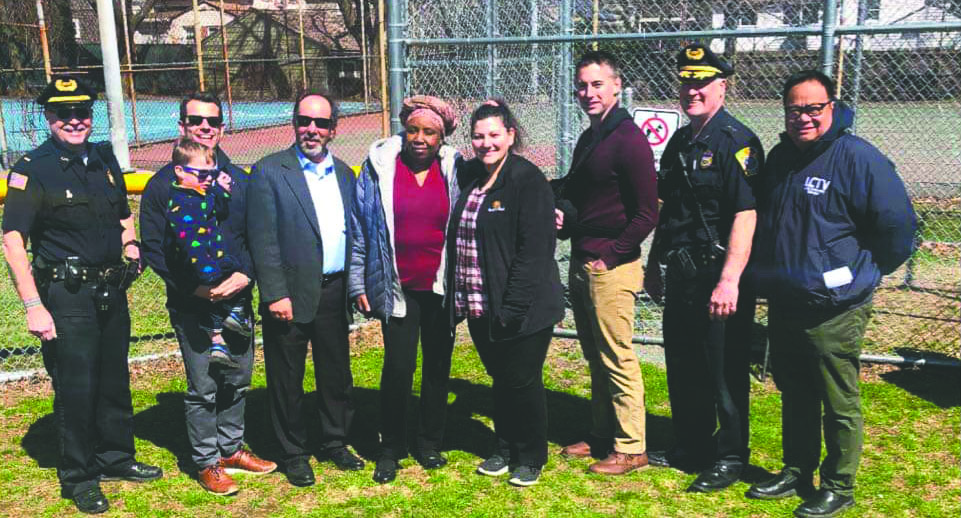LYNN — July may be Disability Pride Month, but the Lynn Disability Network Group is working year-round to make the city a better place for disabled people.
The group’s goals are to “promote the inclusion of persons with disabilities in the daily activities, services, and employment opportunities within the community,” said Coordinator Louise Dominique.
“We created the network group after we realized there are a lack of programs for our children with disabilities, lack of education and understanding around neurodiversity, physical disability and mental health diagnoses,” she said.
In addition to spreading resources and stories on their Facebook page, the network has hosted events such as their first annual Autism Acceptance Day in April. Events like these help connect people with similar experiences while also trying to reduce stigma.
“Stigma, prejudice, and discrimination: Within society, these attitudes may come from people’s ideas related to disability. People may see disability as a personal tragedy, as something that needs to be cured or prevented, as a punishment for wrongdoing, or as an indication of the lack of ability to behave as expected in society,” she said.
She said that some of the biggest issues facing this disabled community in Lynn are opportunities.
“Qualified individuals with disabilities don’t get the opportunity to work … we don’t see qualified individuals with disabilities have the opportunity to benefit from employment.”
The network has also continued to advocate for Lynn to be made a more accessible city. Dominique pointed out specific areas where Lynn could do better: communication, physical barriers, policy, and employment.
Dominique said there are four qualities designating an accessible community in her mind.
“1. Allow for the interaction and engagement of all members, 2. Reduce social isolation and improve mental health for people with disabilities, 3. Increase economic gains for local businesses, and 4. Improve physical health opportunities and outcomes for all.”
“In accessible and inclusive communities, people with disabilities can be active participants. Ensuring that such communities exist and thrive is important because both people with disabilities and their neighbors benefit,” Dominique said.
Emma Fringuelli can be reached at [email protected].

